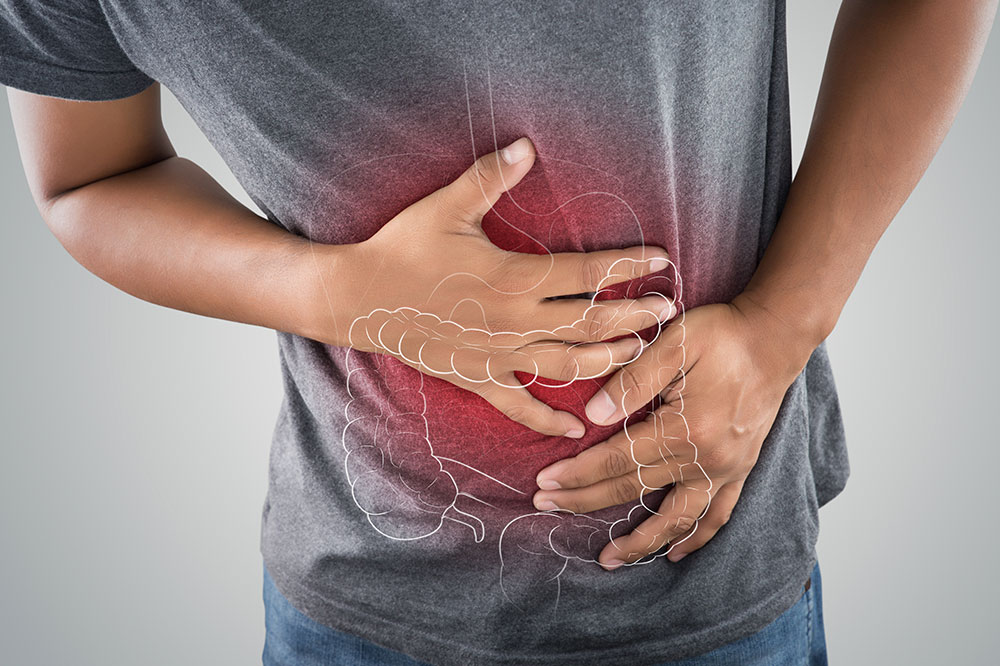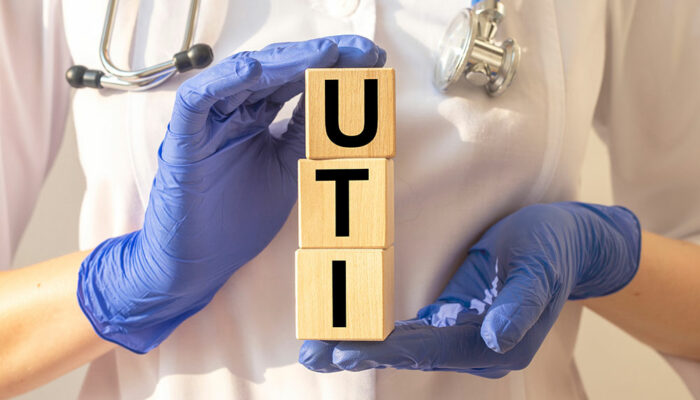
Colon Cancer – Managing Pre and Post Treatment Meal Plans
Colon cancer refers to the formation of tumors in the colon or large intestine. Since most colon cancers spread to the rectum and both have a lot of common features, it is grouped with rectal cancer and called colorectal cancer. These two are integral parts of the digestive system, which delivers nutrients to the body and eliminates waste. Nutritious food plays a critical role in preparation for and recovery from colon cancer treatment.
Cancer and diet
Colon cancer changes the way the body functions. Tumors eat up much of the body’s nutrition, which explains why people with cancer lose weight unexplainably. It thus makes nutrient-dense food a necessity. Since immune functioning is impaired and the body loses strength, proteins are essential too. Calorie and protein requirements are higher as well because the body tries to prevent deficiencies. Besides, high-fiber diets seem to reduce fatalities related to colon cancer.
Treatment and food
Typically, treatment of cancer involves a combination of surgery and chemotherapy. The diets required to supplement these treatments are naturally different.
1. Diet before surgery
In preparation for surgery, you must consume fresh fish abundant in protein and omega-3-fatty acids. Additionally, fruits and vegetables should also include in your daily food intake as they provide antioxidants, vital vitamins, and minerals. While doctors insist on bland foods, they do not recommend nuts, raw fruits, and vegetables. The day before surgery for colon cancer, it is ideal to have a clear liquid diet to help clean out the colon. It could include juices, broth, and even plain coffee.
2. Diet before and after chemotherapy and radiation
Chemotherapy and radiation treatments often cause nausea, vomiting, and taste changes. Hence doctors advise you to avoid healthy foods before treatment so that you do not develop a conditioned aversion to them. The increased risk of dehydration after this treatment makes fatty foods suitable for you. It could include milkshakes or even sugary foods like donuts. And do not forget to stay hydrated during and after the process. However, you must incorporate plant-based foods, leafy vegetables, and citrus fruits in your diet to support the treatment. Protein from eggs and lean meats like chicken and fish are also beneficial.
3. Post-treatment diet
After treatment, maintaining a highly nutritious diet helps prevent cancer from resurfacing and complications arising. Diets including lots of fruits and vegetables, nuts, chicken, and fish prolong longevity. Proteins are essential since the body is weak and needs to rebuild tissues. Coffee also aids colon cancer survivors. As nausea and taste changes subside, you can revert to your original diet, provided it contains healthy fats, proteins, and fiber. You must reduce or avoid alcohol and tobacco.
4. Reducing the risk of cancer through diet
If you do not have colon cancer and wish to improve your chances of staying that way, consume a diet rich in whole grains, fruits, and vegetables. Processed meat and red meats, in general, seem to increase risk. And also, stay off the wagon since the American Cancer Society describes a link to higher risk as well. Eat healthily and exercise since being obese or overweight increases the chances of developing and dying from colon cancer.



